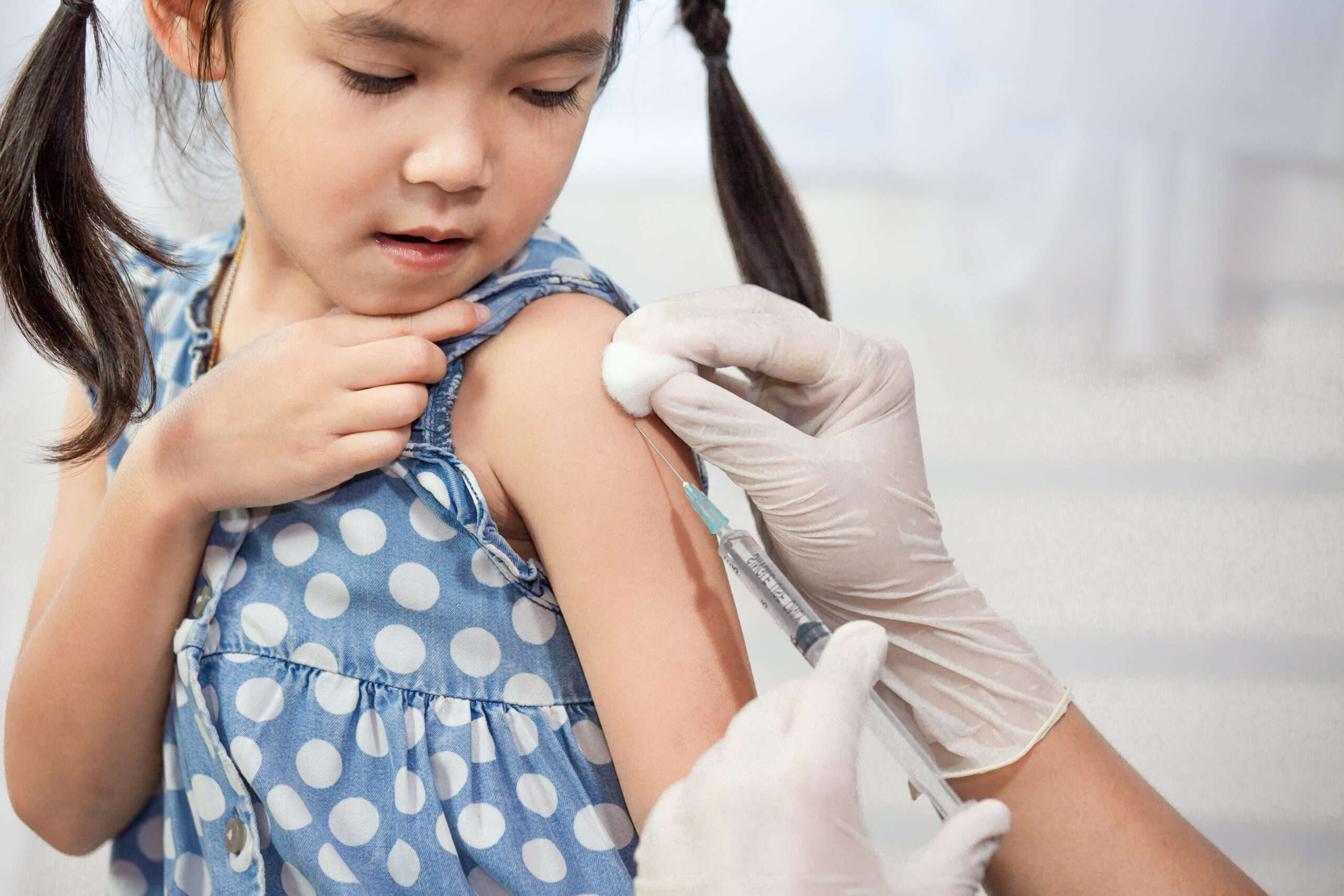As a parent, safeguarding your child’s health through vaccination is always a priority. But did you know that protecting yourself as an adult is just as important? The MMR vaccine prevents three serious viral diseases—measles, mumps, and rubella. With recent measles outbreaks in Southeast Asia and the risks of rubella to pregnant women, staying up to date with vaccinations is more critical than ever. Additionally, understanding Measles Prevention and the importance of the MMR booster, potential vaccine side effects, and how to prevent measles outbreaks can help you make informed health decisions.

Let’s explore what the MMR vaccine does, who needs it, and why it matters.
Understanding the MMR Vaccine
What is the MMR Vaccine?
The MMR vaccine is a combined immunisation that protects against three contagious diseases: measles, mumps, and rubella. It has been widely used for decades, and is a safe and effective way to build immunity against these infections.
How Does the MMR Vaccine Work?
Some believe that natural infection provides better immunity than vaccination. However, natural measles infection can lead to severe complications like pneumonia, brain swelling (encephalitis), and even death. Vaccination offers safe, long-term immunity without these risks.
The MMR vaccine contains weakened forms of the viruses, which stimulate the immune system to produce antibodies without causing illness. This response prepares your body to fight off these diseases if exposed.
Recommended Dosage and Administration
Children typically receive two doses—one at 12-15 months and another at 4-6 years. However, adults who are unsure of their immunity should check with their doctor about getting vaccinated. In Singapore, the MMR vaccine is available at various healthcare facilities, with prices around SGD 70 per dose. Understanding the vaccine dose and its administration can help ensure complete protection.
Importance of the MMR Vaccine in Preventing Measles
Recent Measles Outbreaks and Their Causes
Recent measles outbreaks in unvaccinated communities highlight the dangers of skipping vaccination. Measles cases have risen in Southeast Asia, particularly in Vietnam and Thailand. This resurgence is primarily due to declining vaccination rates and misinformation about vaccines. Learning how to prevent measles outbreaks through vaccination is essential.
How does the MMR Vaccine Prevent Measles
A 2024 WHO published statement found that 90% of unvaccinated individuals exposed to measles contracted the disease, compared to only 3% of vaccinated individuals. The vaccine is nearly 100% effective at preventing severe illness.
Two doses of the MMR vaccine provide approximately 97% protection against measles, significantly reducing the risk of infection and transmission.
Community Immunity and Its Significance
When most people in a community are vaccinated, it helps protect those who cannot receive vaccines due to medical conditions. This concept, herd immunity, is vital in keeping vulnerable groups safe.
Mumps: The Often Overlooked Threat
Mumps is another serious disease prevented by the MMR vaccine. It causes swelling of the salivary glands, leading to pain, fever, and fatigue. In some cases, mumps can result in complications such as meningitis, hearing loss, or inflammation of the testicles in males, which can lead to infertility. Unlike a mild viral infection, mumps can have lifelong consequences, making vaccination the safest option. It significantly reduces its spread and prevents severe complications.
Rubella and the MMR Vaccine‘s Role in Adults
Rubella Symptoms in Adults
Rubella (German measles) can cause fever, rash, and swollen lymph nodes. Joint pain and arthritis-like symptoms are also common in adults. Awareness of rubella symptoms in adults is crucial for early detection and prevention.
Risks of Congenital Rubella Syndrome (CRS)
For pregnant women, rubella can be especially dangerous. If a woman contracts rubella during early pregnancy, her baby is at risk of developing congenital rubella syndrome (CRS), which can cause severe congenital disabilities. Vaccination is the best prevention.
Importance of MMR Booster for Adults
The 2019 rubella outbreak in the Philippines led to nearly 400 cases of congenital rubella syndrome, resulting in severe congenital disabilities. These cases were entirely preventable with widespread vaccination.
If you’re planning a pregnancy or working around young children, getting an MMR booster can protect you and those around you from rubella.
Addressing Concerns: Side Effects and Accessibility of the MMR Vaccine
Common Side Effects
One common myth is that the MMR vaccine causes autism—a claim thoroughly debunked by scientific research. Large-scale studies, including a 2019 Danish study of over 650,000 children, confirmed no link between the MMR vaccine and autism.
Most people experience no side effects. However, mild reactions like a sore arm, low-grade fever, or rash can occur, and usually go away quickly. Understanding vaccine side effects can help manage concerns about immunisation.
Vaccine Cost and Availability
The MMR vaccine is widely available in Singapore and costs around SGD 70 per dose at healthcare clinics and hospitals. If you’re wondering about the vaccine price, this is the approximate cost at most facilities.
Ministry of Health Recommendations
The MOH recommended vaccine guidelines strongly advocate routine MMR vaccination for children and adults as part of the national immunisation schedule to prevent outbreaks and protect public health.
Take Action to Protect Your Family
Protect yourself and your community by ensuring you and your loved ones are up-to-date with the MMR vaccine. Vaccinating against measles, mumps, and rubella is a simple yet powerful step toward a healthier community. A single shot can provide lasting protection for you and those around you. Stay informed, stay protected!
If you’ve delayed vaccination due to myths or concerns, now is the time to act. Speak with your doctor, review real-world data, and ensure your family stays protected against these serious diseases. Don’t wait for an outbreak to take action—vaccination is your safest choice.
Frequently Asked Questions about the MMR Vaccine
- Who should get the MMR vaccine?
- What are the common side effects of the MMR vaccine?
- How effective is the MMR vaccine in preventing measles, mumps, and rubella?
- Why is the MMR booster necessary for adults?
- Is the MMR vaccine safe during pregnancy?
[embed-health-tool-vaccination-tool]


















